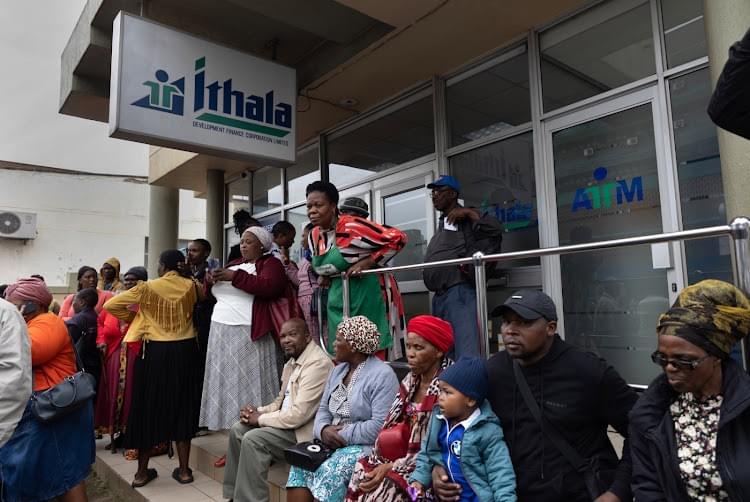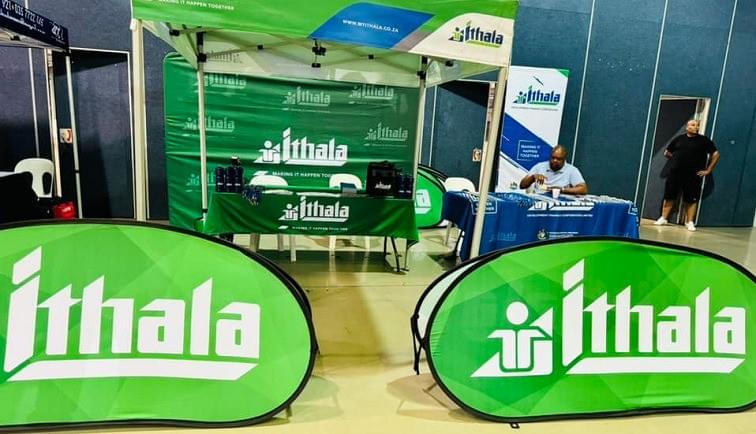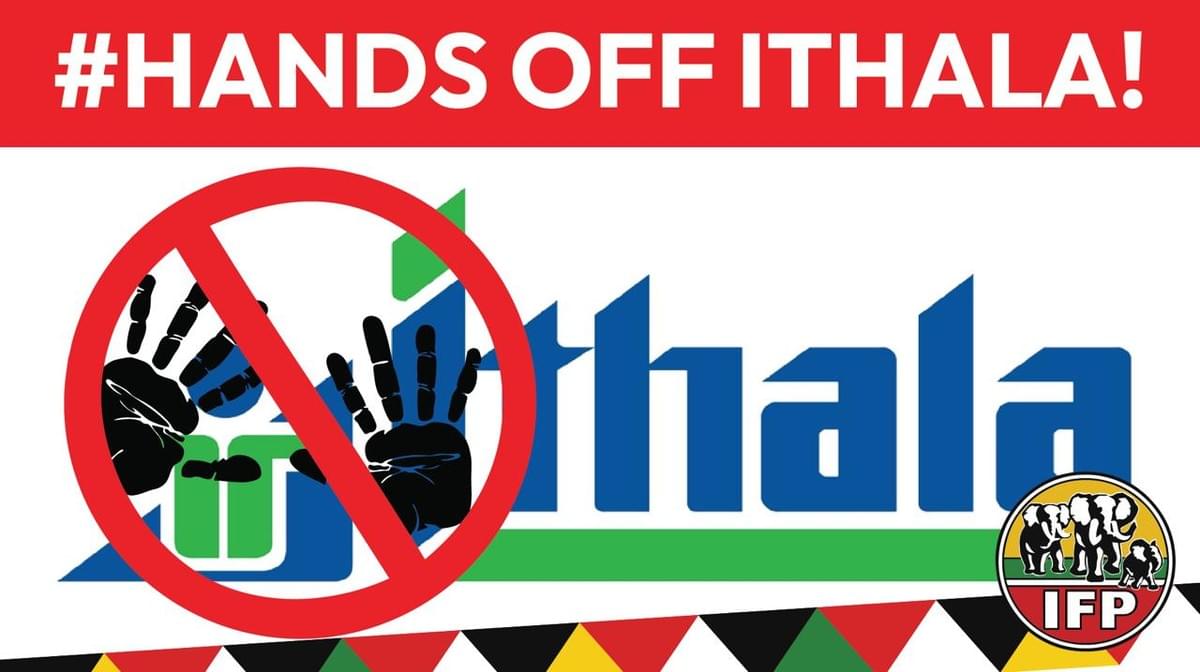
There’s a kind of heartbreak that rarely makes the news. It’s the heartbreak of waking up to uncertainty about whether the bank you’ve trusted with your life savings — the only one that ever believed in your dreams — will still be standing tomorrow.
It’s the heartbreak of not knowing whether your job, your pension, your future, or your family’s next meal is safe. It’s the heartbreak of watching an institution built by Black hands — during apartheid, against all odds — being dragged through uncertainty, not because it looted or failed, but because it exists in a system that still does not know how to support what is Black, homegrown, and proudly rooted in community.
This is not just a financial issue. This is a spiritual, emotional, and psychological wound — and the people of KwaZulu-Natal and beyond are the ones bleeding. For many, Ithala has never been just a bank. It was born in 1958 because Black South Africans were systematically denied access to credit, loans, and economic mobility.
Ithala was built to say “yes” when the rest of the financial system screamed “no.” For decades, it has stood with the worker, the entrepreneur, the pensioner, the single mother, the rural teacher, the child with a savings account opened in hope. Through every era — apartheid, transition, democracy — Ithala has been there. And it is still here today, despite everything.
But now, in democratic South Africa, this very institution is being suffocated by red tape and political negligence. Since the expiry of its banking exemption in December 2023, Ithala has been under pressure from the South African Reserve Bank’s Prudential Authority, which moved to freeze accounts, appoint a Repayment Administrator, and pursue liquidation proceedings.
These actions were taken despite the fact that Ithala is still fighting — legally, structurally, and morally — to remain open. The bank is not dead. It is resisting. In the courts. In Parliament. And in the hearts of its people.

What makes this even more painful is that the same urgency and severity have not been applied to other banks implicated in wrongdoing. The State Capture Commission of Inquiry named and exposed several of South Africa’s largest, predominantly white-owned banks — Standard Bank, FNB, Absa, Nedbank — for enabling corruption and profiting from the looting of state resources. And yet, those banks continue to operate without interruption.
Their reputations remain intact. Their operations flourish. No Repayment Administrator. No court threats. No liquidation. Just silence and impunity.
And let us not forget VBS Mutual Bank. In the province of Limpopo, thousands of elderly pensioners were robbed when VBS collapsed under the weight of political corruption. Their life savings vanished overnight, stolen by the very leaders who claimed to serve them.
To this day, most of those responsible have never faced real accountability. Some still hold office. And yet, the nation moves on, as if their suffering meant nothing.
But Ithala? Ithala, the bank that never looted, never turned away the poor, never betrayed the public — is the one under siege. It is Ithala that must go to court to fight for its right to exist. It is Ithala that is made to prove its worth to a state that has consistently failed to protect the institutions that serve its people. It is Ithala that is now burdened with explaining its humanity in a system that only values what is private, white-owned, or elite-controlled.

While the ANC government sat on its hands, watching the situation unfold, it was the Inkatha Freedom Party (IFP) that took action. The IFP has stood firmly, consistently, and publicly with Ithala. We have raised parliamentary questions, engaged with depositors, challenged the overreach of the Prudential Authority, and mobilised communities to defend their financial home.
While the ANC now rushes to claim a “breakthrough” with Finance Minister Enoch Godongwana, even Premier Thami Ntuli has stated he is unaware of such a deal — because it is not real. What is real is Ithala’s court fight. What is real is the IFP’s unwavering defence.
More than 400 employees at Ithala are already jobless. Their income is gone. Their dignity has been trampled. Their ability to care for their families has been stripped away by a state that stood by and let it happen. And over 257,000 depositors — many of them elderly, disabled, and unemployed — are already traumatised.
Their faith in the financial system has been shattered. Their emotional wellbeing is spiralling. They are not waiting to be affected. They have been affected. Families are being torn apart by anxiety. Depression has crept into households. School fees are unpaid. Fridges are empty. People are not just facing a possible crisis — they are living inside one.
And so we must ask: what kind of government allows institutions like VBS to be looted with no justice, lets state capture-enabling banks go untouched, but tries to dismantle the only Black-born financial institution with a liberation history? Why has Ithala been abandoned instead of supported? Why is it being criminalised instead of capacitated?

This is not just about Ithala. This is about every Black institution that has had to justify its existence ten times over. This is about the legacy of financial exclusion being rewritten in democracy with a new face but the same old oppression. It is about betrayal. It is about a government that cannot claim to care about transformation while destroying one of its most powerful symbols.
But Ithala is still here. Still standing. Still fighting. And the IFP is standing with it.
This is not the time for silence. This is the time for South Africans — especially those who believe in justice, Black dignity, and economic sovereignty — to say: Not Ithala. Not like this. Not now.
Let history record who fought. Let it record who ran. Let it record who claimed victory without lifting a finger. Let it record who marched, who stood in Parliament, who spoke truth in court. Let it record that when the people’s bank came under fire, the people rose.
We cry for Ithala — but we do not bury it. We defend it.
Because Ithala is still alive. And so is the fight for its survival.

